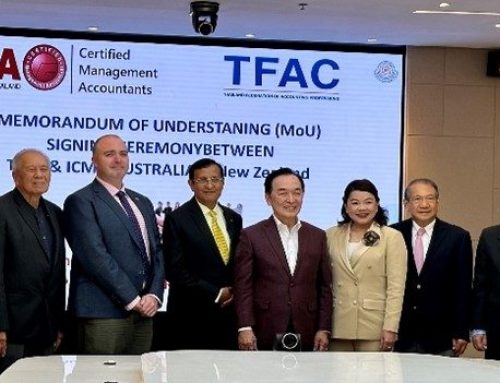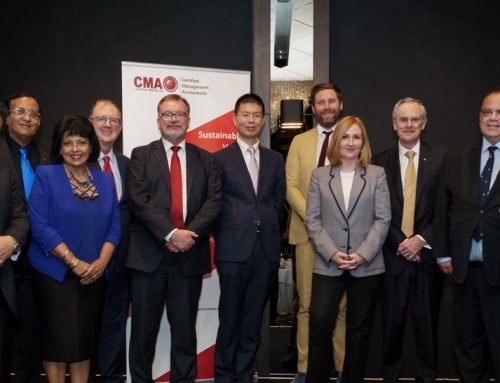Professor Ratnatunga is worried that government bond issues will be less in demand if traditional investors in bonds find that investing in new equity offerings and/or buying existing shares gives them a better risk-return in a highly depressed share market.
He says, “when demand in bonds fall, central banks boost demand by buying the bonds themselves to keep the interest rates low. Such actions by central banks is called Quantitative Easing, or colloquially ‘money printing’, and keeps interest rate down in the bond market”.
Professor Ratnatunga says that repaying this net-debt incurred of billions of dollars of pandemic crisis borrowings by the Australian Federal Government “will be the responsibility of future generations; which will take a long, long time, if ever”.
He says, “to reduce the burden on future generations, countries responsible for the COVID-19 pandemic could, under international law, be asked to pay reparations; which are compensation for damages or economic loss.
Professor Ratnatunga concedes, however, that such actions may lead to tensions between nations, potentially war, and perhaps exacerbate the current trade wars.
Therefore, he says, “protecting future generations from debt shock through increased economic activity seems to be the only workable solution in the short to medium term”.
Professor Ratnatunga points out that such a solution has been successfully implemented before; when the Howard government managed to reduce Australia’s net debt to effectively zero, thanks to the mining boom. Since that time, he says, “Australia has relied heavily on the export of its resources”.
Professor Ratnatunga cautions that if economic activity surges post-pandemic to meet pent-up demand of a global lockdown, there will be pressure on the Australian government to increase its output and export of its resources, especially coal.
Such boosts in economic activity and in the export of resources may reduce the debt-burden of future generations; but it will come at a significant cost to the environment that these very future generations will inherit.
He says, “the one lesson that COVID-19 has taught us is that we do not need to be a slave to rampant economic growth and excessive consumerism.”
“The ‘lockdown’ is just a precursor to what we will have to go through continuously if a climate disaster eventuates”.
Professor Ratnatunga concludes that “in freeing future generations from debt; we should not leave them with a bigger disaster, that is, an inhospitable climate”.
[ends]
For further comment on the above topic, please contact:
Prof Janek Ratnatunga
CEO, ICMA Australia
Mobile: +61432758380
Email: [email protected]
About the Author
Professor Janek Ratnatunga is the CEO of the Institute of Certified Management Accountants, Australia. He has held senior appointments at the University of South Australia, Monash University, University of Melbourne, and the Australian National University in Australia; and the Universities of Washington, Richmond and Rhode Island in the USA. Prior to his academic career he worked as a chartered accountant with KPMG. He has also been a consultant to many large Australian and international companies and to the World Bank.



Stay In Touch